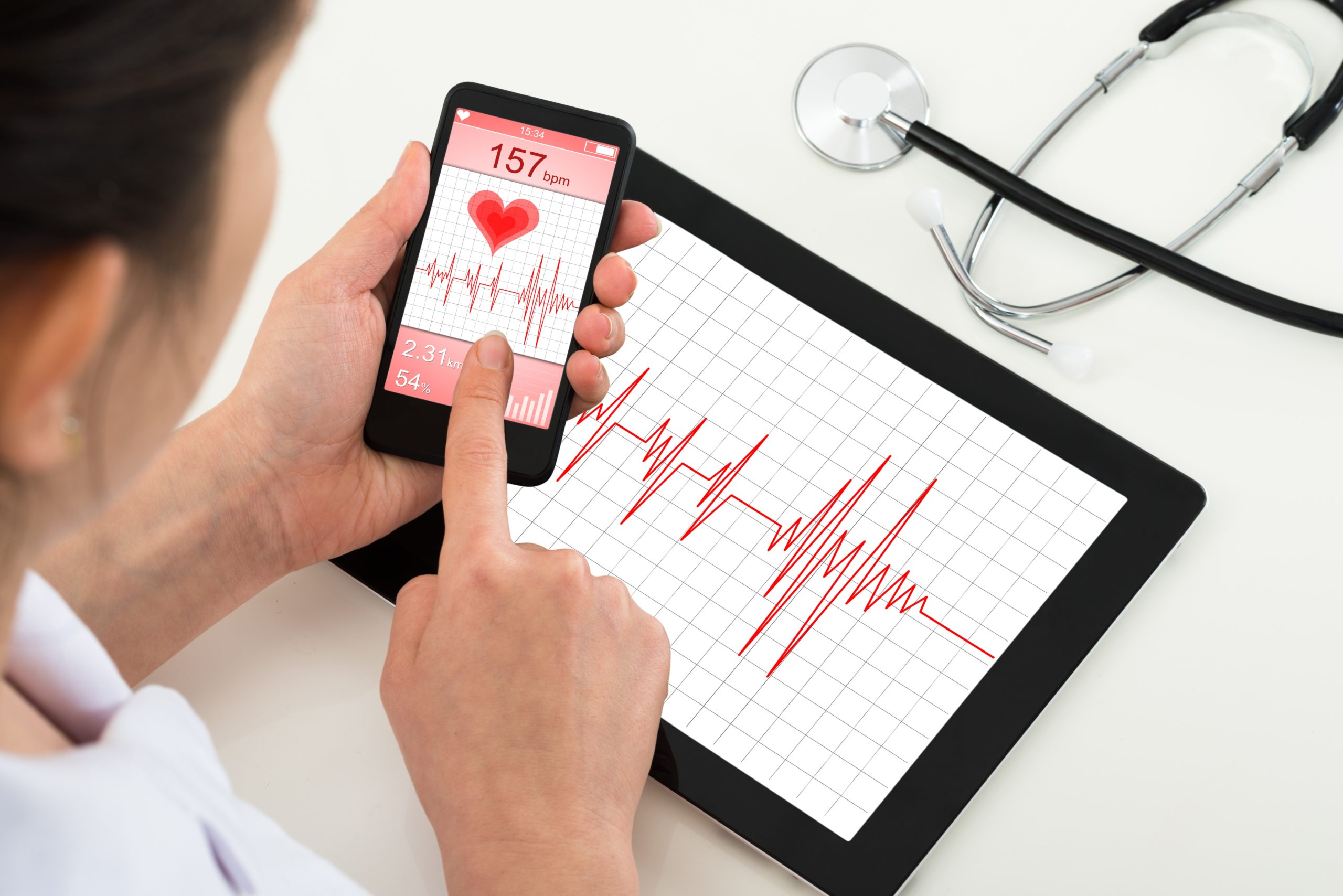Benefits of Using Analytics Software for Cardiology
July 7, 2020Just like other medical disciplines, Cardiology has advanced by leaps and bounds since it has started leveraging Analytics Software Tools. With a vast volume of Cardiological data available at the disposal of the medical stakeholders, both delivery and facilitation of treatment are being heavily optimized.
The Healthcare Information and Management Systems Society (HIMSS) in the 2016 conference has marked the importance of Analytical Software for Cardiology for a wide range of benefits. Most Hospitals that use EMR for managing patient data are beginning to employ cardiology analytics software.
What does the shift towards Cardiology Analytics signify and how can it help your Cardiology practice? Let’s discover the key benefits and reasons why your Hospital needs Cardiology Analytics Software.
- Practice Insights and Optimization
Analytics Tools can capture data from numerous sources such as EMR, Picture Archiving, and Discharge & Transfer, etc, to reveal deep insights into the treatment workflow.
These insights facilitate information about how the patient receives cardiological treatment, and if there are opportunities or threats hidden in the data. The same can then be applied in practice to make detailed improvements and cut down on losses.
Typically, Cardiology Analytics help physicians monitor the following:
- Types of doses used
- Dosage trends
- Radiation dosages
- Average Procedure Time
- Cost of Procedure
- Specific Implantable Devices
- Business Insights for Cardiology Centres
Alongside the procedure-related data, Cath lab reporting software also reveals business insights that can be used to identify opportunities. A common example of the same is that Hospitals have been successful in identifying patients that tend to become potential referrals.
Similarly, by analysing deep data insights, Cardiology Centres can track staff performance, door-to-balloon times, and factors that improve patient outcomes. With gradual improvisations made to these areas, the business aspects gain better momentum.
- Stakeholder Communication
Analytics platforms create central repositories of data that can be accessed by multiple stakeholders such as Insurance Companies, Equipment Vendors and Physicians. This speeds up the process of reporting and making the desired information available on time.
Many hospitals still struggle to pull patient data quickly when the insurer demands a report. With a central platform facilitating communication, such reports can be readily accessed from a dashboard, hence improving process timelines.
- Detailed Patient Data Analysis and Personalization
Patient medical histories and past treatment data hold priceless insights about the specific variations in the case. Cardiologists can utilize these insights to scrutinize high-risk cases, develop better procedures and customize the treatment based on their findings.
Analytics opens up a whole new dimension of treatment-related insights that can easily miss the eye while reading primitive reports. Therefore, the overall outcomes significantly improve for the patients with Cardiological ailments.
SoftCath Cardiology Analytics Software
SoftCath is a specialized analytics software that delivers Interventional Cardiology and Cath Lab reporting, to empower physicians with actionable insights on the procedures.
It comes with the following distinguished features
- Eliminates transcription costs by providing daily procedure reports.
- Consolidate clinical data into organized repositories for quick reference.
- Generates National Registry Reports for Coronary, Non-Coronary & Electrophysiology Procedures.
Conclusion
Cardiology centers and Hospitals are making constructive transformations to their clinical workflows by harnessing the power of analytics. New generation reporting & clinical registry software resolve key challenges and makes data available across the board, for smart decision making. The apparent benefits are attracting more and more hospitals to try cardiology analytics for improving their success rates.
References: https://www.dicardiology.com/article/advanced-analytics-software-cardiology
https://www.acc.org/latest-in-cardiology/articles/2019/04/05/07/34/big-data

0 Comments